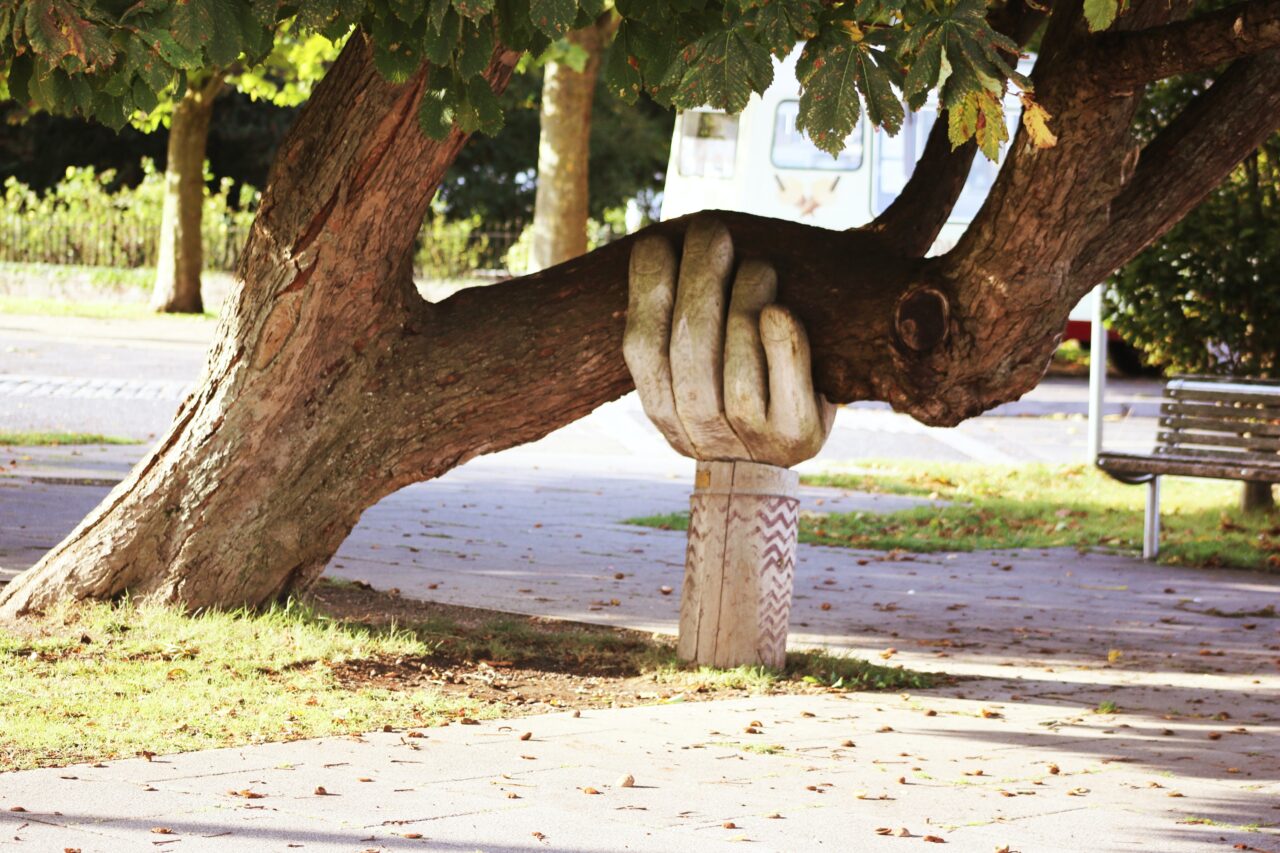
I first heard the term ‘global village‘ a long time ago. Marshall McLuhan coined it in the 1960s, imagining an interconnected humanity all coming together via the tools of media technology. This was long before social media and the Internet.
When the Internet came along, then the Web, it seemed to reinforce this idea–we’d all be connected, sharing ideas and information instantly, coming together in one big, borderless, egalitarian community. The phrase ‘global village’ was everywhere. We were all now One, no longer constrained by the boundaries of place, geography, or time–or even who we were.
But that didn’t happen.
Instead, we got a free-for-all electronic village of polarized, monocultural in-groups, corporate control, exploitation, and…isolation. We call those in-groups ‘communities’, but they’re really just monocultures of sameness, of ‘niches’, fetishes, ideologies, whatever. In other words, we became disconnected. Isolated into small groups or, more commonly, alone.
Why didn’t the global village come to be? I think it’s simple: electronic ‘communities’ are not the same as physical ones.
Social media and other media tools remove most of the constraints of physical communities, including a critical one: interdependence. In the global village, you’re not just unconstrained by place, geography, or time; you’re also unconstrained by obligations to or dependence on other village members. You can enter and leave whenever you like, take or leave whatever you like…and say whatever and act however you like. And if one electronic ‘community’ manages to exclude you? You can always find another. Or start your own. Or simply be in the community alone.
Witness the world of social media today: one part outrage, one part polarization, one part lonely people reaching out and doing what regular people do–seeking recognition and acceptance from others and trying to act like people do in physical communities.
But it’s not a global village at all. Those powerful media tools removed the friction from forming and maintaining and participating in communities, allowing us to instantly sort ourselves into like-minded groups, but without the usual rituals and consequences. Those tools made it enticing to be only with like-minded people, and easy to avoid the inconveniences of being in communities with people who are not just like us.
Removing the friction from communities was a powerful change. But that friction is what helped make communities before–expectations, customs, some kind of dependence on others for help and acceptance, and a reciprocal expectation that you’d do the same. Reducing (or eliminating) those limitations of physical communities also took away what really mattered, what really held people together and forced them to tolerate, to compromise, to cede some power for the sake of being in a community. To be interdependent.
I suppose this is a natural progression from where we once were: local businesses give way to Amazons and chain stores; whole food gives way to manufactured food products; block parties give way to Discord ‘chats’ and ‘virtual meetings’; physical communities give way to ‘remote workers’ connected to everyone and everywhere–except their own neighborhood. The Internet and Web just accelerated our efforts to achieve a sort of ‘independence’, freedom from needing anything from anyone else and being depended on by others. All freedom, but little responsibility.
And so when I visit physical spaces full of people, they often seem not…there. They’re on their phone, or laptop, or other device. They’re everywhere, yet not actually present anywhere. They call Facebook or Twitter a ‘community’, but it’s really nothing more than a loose confederacy of people with weak ties, short attention spans, and few real obligations to each other. They nod and murmur approval and concern, or throw money or button clicks out, but then move on.
I don’t want to romanticize physical communities, or entirely discount electronic ones. Surely the Internet has created tremendous benefits for humanity. But somewhere along the way, I think we lost the plot of what a village really is, and what it means to live in one with our diverse, not-always-like-minded fellow humans. And if we truly think we’re ‘free’ from being in community with other humans, what will we do to each other and ourselves?